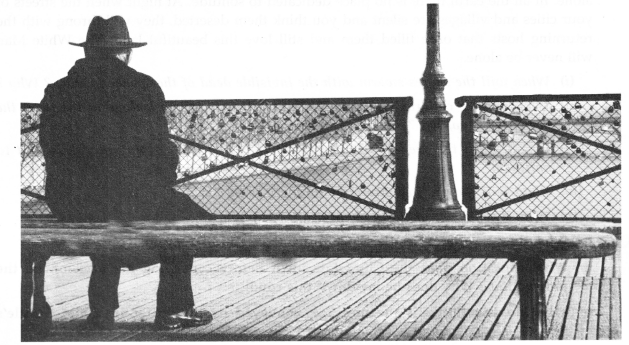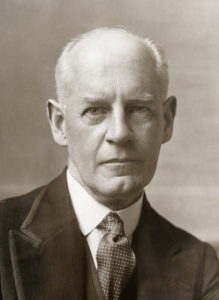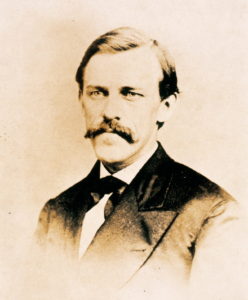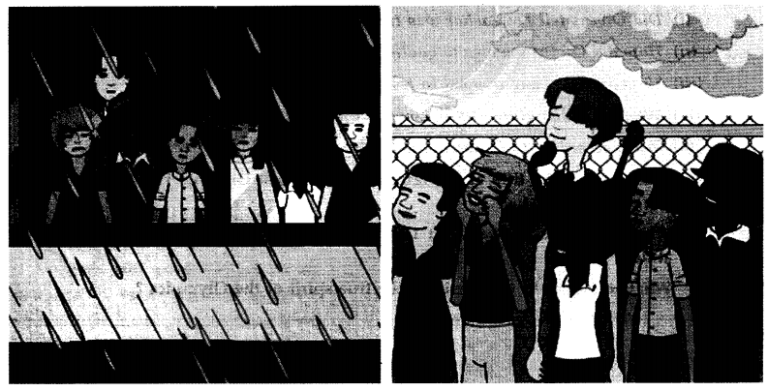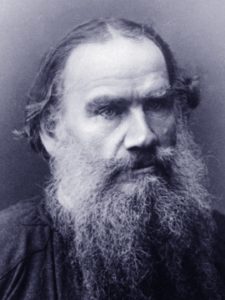We have decided to create the most comprehensive English Summary that will help students with learning and understanding.
The Kite Summary in English by Harry Behn
The Kite Summary in English
A new kite looks bright when the sky is clear and blue. The kite takes a plunge and bends sideways. Its tail produces a cracking noise. Then suddenly the kite rises high like a ship with a sail cloth. The kite has only one sail of string. It rides over the strong winds and climbs to their top like a ship. It pulls forward when the wind is strong. But as the wind falls, it also rests for a while.
When the thread tied to the kite becomes loose, the flier rolls the thread back. Then again the flier runs until the kite is filled with wind and goes up.
On a clear blue sky, the new kite shines. But it gets tom badly when it flaps on the tree top.
The Kite Summary in Hindi
एक नयी पतंग बहुत सुन्दर लगती है जब आकाश साफ और नीला होता है। पतंग गोता मारती है तथा दोनों ओर झुक जाती है। उसकी पूँछ से फर्राहट की आवाज़ निकलती है। फिर अचानक पतंग किसी पाल चालित जलपोत की भाँति ऊपर उठ जाती है। पतंग के पास तो एक ही पाल होता है, अपनी डोर का। वह तेज पवन के ऊपर सवार हो जाती है तथा जलपोत की भाँति उस पवन की लहर पर चढ़ जाती है। जब पवन तेज होता है, पतंग आगे की ओर खींचती है। पर जब पवन मंद पड़ जाता है तो पतंग भी कुछ देर के लिये विश्राम कर लेती है।
जब पतंग से बँधी हुई डोर ढीली पड़ जाती है, तो उड़ाने वाला उस डोर को चरखी में लपेट लेता है। फिर पुनः वह व्यक्ति पतंग को लेकर भागता है जब तक उसमें हवा नहीं भर जाती और वह ऊपर नहीं उठ जाती।
साफ नीले आकाश में नयी पतंग शानदार दिखाई देती है। पर वह बुरी तरह से फट जाती है जब पेड़ के शिखर पर फंस कर वह फड़फड़ाती है।
